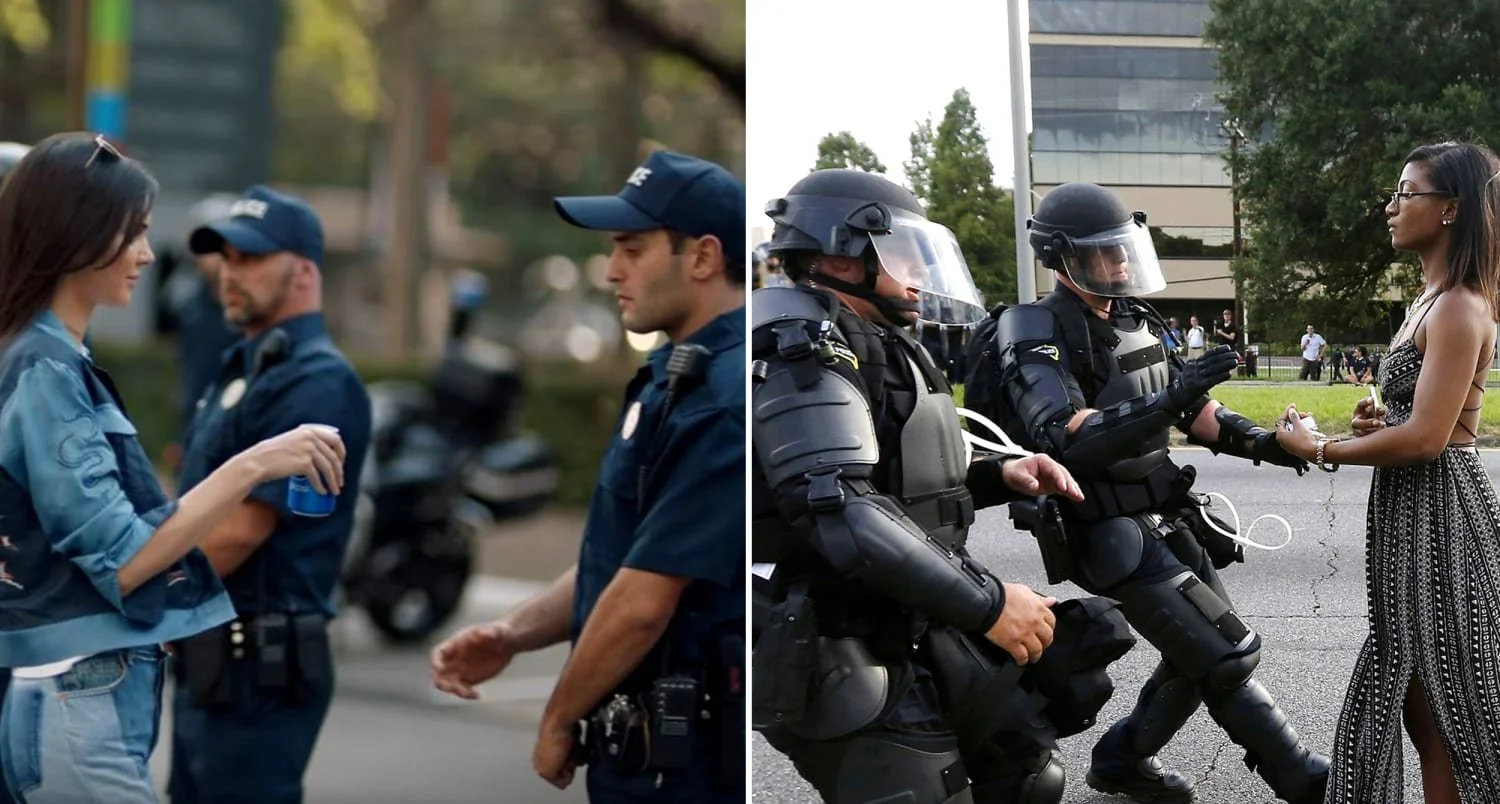Trust Exists within the Shared Understanding of Truth
Trust is the invisible architecture of leadership. It binds teams, fuels brands, and sustains growth. Yet most leaders misunderstand its foundation. Trust doesn’t live in charisma, communication, or even reliability. It lives in something quieter, rarer—a shared understanding of truth.
Without that shared reality, even the best relationships fracture. Strategy disintegrates. Brand promises ring hollow.
The Conversation That Changed My Thinking
Years ago, while leading an executive peer group through Vistage, I met Edgar Papke—an author and psychologist known for his work on organizational alignment and conflict. During one of our conversations, I asked him:
“What determines whether a relationship—personal or professional—truly lasts?”
He paused, as if weighing a lifetime of experience in a single breath, then said:
“Trust exists only within a shared understanding of truth.”
That sentence has reshaped how I see leadership, marketing, and human behavior ever since. Because if we don’t share the same truth, there is no foundation for trust—only transactions, illusions, and fragile cooperation.
The Psychology Behind Shared Truth
Human beings don’t seek agreement nearly as much as we seek understanding. Understanding signals safety. It tells the brain: “I am seen. I am not alone in my perception of reality.” This is why misalignment feels threatening—it fractures the implicit social contract that says, you and I see the same world. In psychological terms, shared truth activates our sense of belonging. It’s the bridge between identity and safety—the place where empathy becomes strategy.
Why This Matters for Leaders and Brands
Executives often think trust is earned through performance, consistency, or reputation. But those are outcomes, not origins. The origin of trust is alignment—between what you say, what you believe, and what others experience. In organizational life, distortion is easy. Data can be spun. Narratives can be tailored. Yet every distortion costs credibility. People sense it instinctively—the quiet dissonance between what’s claimed and what’s felt. That’s why the most admired leaders—and the most enduring brands—don’t just communicate clearly. They align deeply. They ensure the story they tell externally matches the truth they live internally.
The Ethics of Storytelling
Stories are how we make sense of the world. They are also how we manipulate it.
The same narrative that can inspire can also deceive. Think of brands that borrow cultural symbols they don’t understand, or leaders who weaponize vision statements while ignoring lived experience. The result is always the same: erosion of trust through cognitive dissonance.
Bernice King once mocked Pepsi’s protest-themed ad by tweeting, “If only Daddy would have known the power of #Pepsi.” That line pierced not because it was clever—but because it exposed a moral misalignment. A borrowed truth is still a lie.
Authentic storytelling requires not just emotional intelligence but ethical congruence—the courage to tell the story that is actually true, not the one that merely performs well.
Building a Culture of Shared Truth
For executives, creating shared truth is both a strategic and moral act. It starts internally and radiates outward.
Reveal the “why,” not just the “what.” When people understand the reasoning behind your choices, they align not just with your decision but with your values.
Invite tension, don’t suppress it. Conflict is not a threat to truth; it’s the forge in which shared meaning is made.
Audit your stories. Every brand narrative, every internal memo, every keynote—ask, “Is this true to who we are, or who we wish we were?”
Model psychological honesty. Admitting uncertainty doesn’t erode authority—it humanizes it. Leaders who do this invite genuine connection.
The Leader’s Task
As leaders, we often imagine our role is to provide clarity. But clarity without shared truth is propaganda. The harder—and higher—task is to co-create understanding: to help people see the same reality, through different eyes, until trust becomes inevitable. Because trust isn’t built when people agree with you. It’s built when they believe you are seeing the same world they do—and are willing to tell the truth about it.
That’s when leadership transcends management, and influence becomes integrity.

